marine food
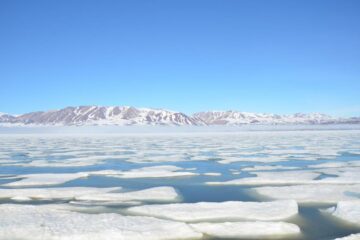
Potentially toxic plankton algae may play a crucial role in the future Arctic
Plankton algae that supplement photosynthesis by eating other algae and bacteria may play a crucial role in the future Arctic. As the sea ice shrinks in the Arctic, the plankton…
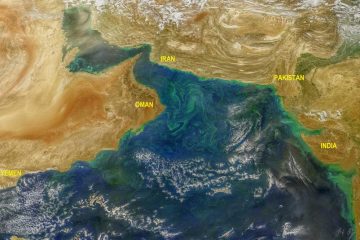
Shrinking snowcaps fuel harmful algal blooms in Arabian sea
A uniquely resilient organism all but unheard of in the Arabian Sea 20 years ago has been proliferating and spreading at an alarming pace, forming thick,…
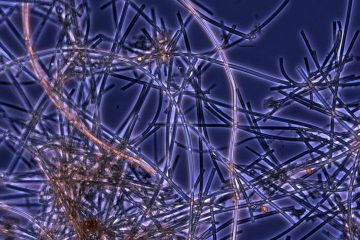
Study looks to iron from microbes for climate help
Distributing iron particles produced by bacteria could “fertilize” microscopic ocean plants and ultimately lower atmospheric carbon levels, according to a new…
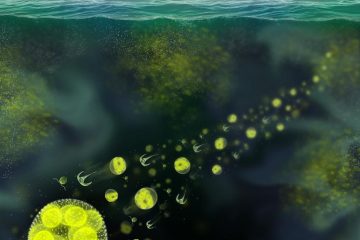
When the sea blossoms
If the sea turns red or green, phytoplankton is at work – countless microscopic algae, which use sunlight to generate energy and cause coloration.
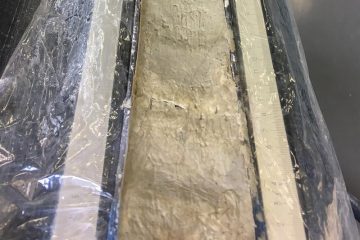
Diatom ooze sediments are a large marine mercury sink
Atmospheric derived mercury is transformed in the ocean to toxic methylmercury, which is enriched in fish. Large marine predators such as tuna are strongly…
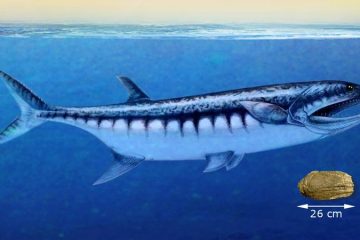
Large-Mouthed Fish Was Top Predator After Mass Extinction
The most catastrophic mass extinction on Earth took place about 252 million years ago – at the boundary between the Permian and Triassic geological periods. Up…